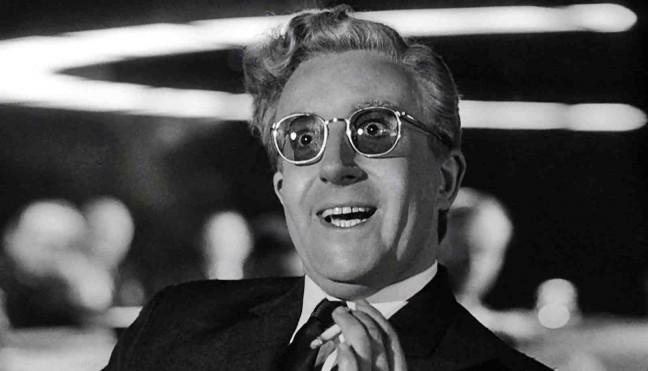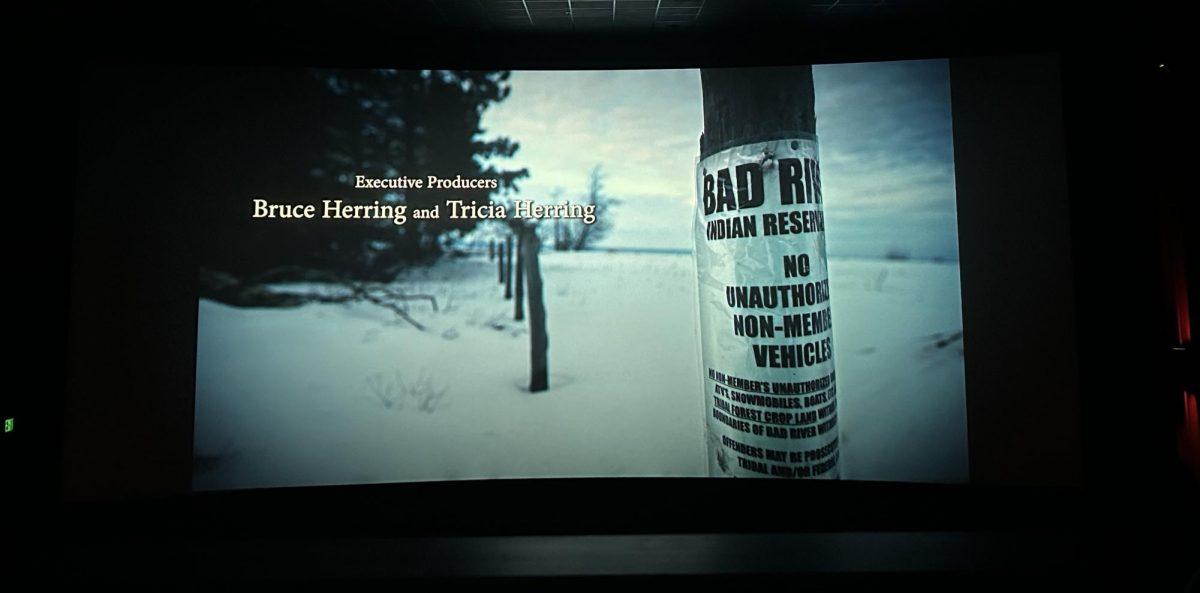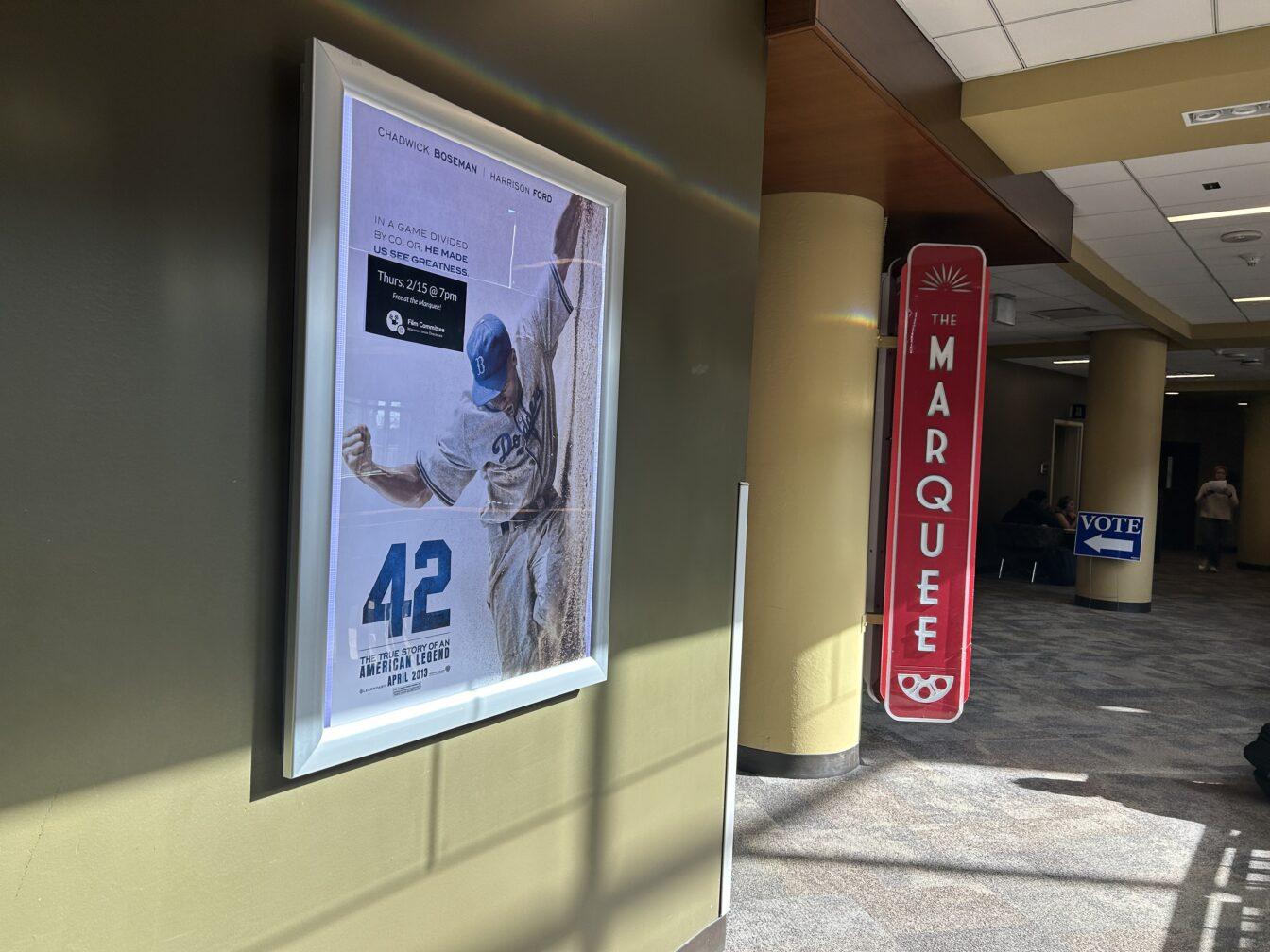As welcome week commences during the fading days of summer, University of Wisconsin’s free Cinematheque offers a more stimulating entertainment option only art houses and, in this case, college campuses can provide.
A partnership between UW academic departments and student film groups, the Cinematheque tends to screen avant-garde films, but some changes are on the way for the program. Jim Healy, Cinematheque’s director of programming, said this year’s film series lineup includes a mix of both obscure and better known films as the program’s organizers seek to broaden its appeal.
Here are some film series worth checking out this semester:
35MM Forever!
Once the industry standard for film production, 35mm film has now become a bit of an anachronism. Still, it arguably provides for a better, more original viewing experience and serves as the inspiration for this film series.
One of the highlights, Kubrick’s “Dr. Strangelove Or: How I Learned To Stop Worrying And Love The Bomb,” will throw the viewer back to the height of the cold war. While the film is known for its black comedic genius — one can’t help but grin at the ridiculousness of American military men as they scramble to thwart nearly certain Soviet nuclear annihilation — the film also shows viewers how tense relations really were between the two powers.
Cy Endfield: Film Noir, The Blacklist and Zulu
American director Cy Endfield might best be known for his 1964 epic “Zulu” portraying a real-life, legendary battle between a small troop of British soldiers and an onslaught of Zulu warriors. But Cinematheque’s curators have widened the selection to screen other films in addition to the ’64 classic, such as the film noir “Try and Get Me (The Sound of Fury).”
The film, part of a genre Roger Ebert said “at no time misleads you into thinking there is going to be a happy ending,” depicts the downfall of a psychopath and the counterpart he persuaded to join him. Beyond this excitement, Cinematheque’s curators said the film provides a strong critique of American society.
Premiere Showcase
Cinematheque’s goal to reach a wider audience will culminate in their series of films from contemporary directors that otherwise wouldn’t be screened in Madison.
In the Safdie brothers’ “Heaven Knows What,” based off the unpublished memoirs of star Arielle Holmes, Holmes and Jones play washed up Manhattan heroin junkies as they navigate their relationships and the world Manhattan street youth call home.
Director Sean Baker’s breakout film “Tangerine,” was shot entirely on iPhones. The plot, following two transgender prostitutes, provides raunchy comedy and a portrayal of the gritty challenge of being transgender, all under the shadow of the Hollywood hills.
Marquee Mondays
For thrill-seekers looking to spice up the dreaded start to the week, consider some of the more extreme and abrasive films Cinematheque and WUD film committee are screening.
James Toback’s “Exposed,” depicting the adventures of a Wisconsin farm girl as she navigates the shadowy streets of New York and Paris, combines both a rags-to-riches drama and political thriller. But possibly more chilling is Gerald Kargl’s “Angst,” a German thriller following an off-the-rails psychopath who decides to wreak havoc on an unassuming family in the countryside.
https://www.youtube.com/watch?v=ChmPKy44hgU
Wisconsin’s Own Orson Welles: A Centennial Celebration
Wisconsin’s own legendary director Orson Welles was born 100 years ago in Kenosha. Cinematheque will continue with their fourth and final tribute to the actor turned director, a selection of films including the famous yet heartbreaking “The Magnificent Ambersons,” the follow-up to Welles’ brilliant analysis of power and corruption in “Citizen Kane.”
The series will also showcase something more rare — Welles’ own acting. Welles casts himself as the title role in his version of “Macbeth,” and stars in another film adapted from a Kafka novel critiquing the modern justice system and finds himself on a chase for diamonds in “The Southern Star.”
Boyhood in India: Satyajit Ray’s Apu Trilogy
This semester students have the opportunity to explore filmmaking from the other side of the globe with a showing of a trio of films from acclaimed Indian filmmaker Satyajit Ray.
The trilogy of films Cinematheque will present were some of the first in Indian cinema to make the transition from escapism to realism, depicting the stages of a life of an Indian boy, Apu, raised in a poor family.
“Pather Panchali” explores Apu’s family’s struggle for survival in a Bengali village, while the minimalist “Aparajito” details his journey to maturity. The final installment, “The World of Apu,” depicts love and tragedy during the uncertain times of adulthood.














